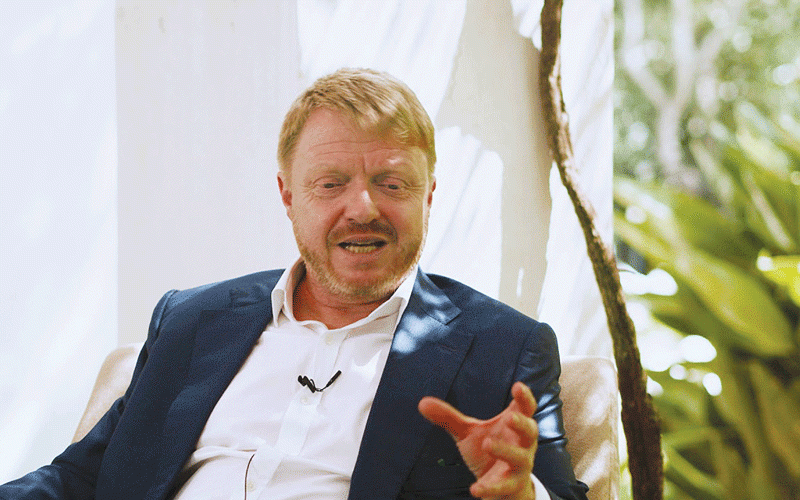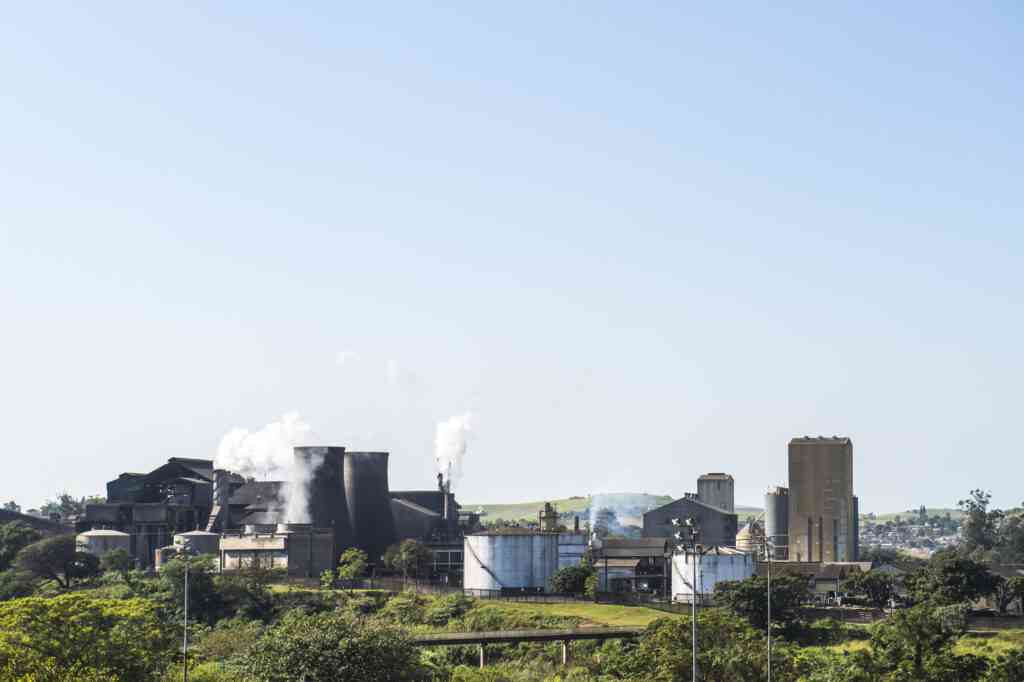
The Grain Millers’ Association of Zimbabwe (GMAZ) claims that there are only 37 milling companies operational in the country as compared to 368 in 2007.
BY TATIRA ZWINOIRA
In budget submissions to the Ministry of Finance, GMAZ said the massive drop was in part due to cheap imports of maize meal and wheat flour mostly from Mozambique and South Africa, which has pushed out local millers.
A government research shows about $150 million is needed to fund maize and wheat production, as an average of $1 500 was needed per hectare.
The research showed about 100 000 hectares was needed for production of wheat and maize crops.
The huge drop, according to GMAZ, has meant a massive loss of jobs, leaving several milling companies either under liquidation or judicial management.
GMAZ said in the budget proposals that in order to regain on this loss and revive grain (mainly maize and wheat) farming and processing in Zimbabwe as decreed by ZimAsset, the importation of wheat flour, maize grits and maize meal must be regulated.
“. . . under Statutory Instrument 64 of 2016. This is meant to enhance and complement the existing import controls and limit the importation of maize meal and wheat flour,” GMAZ said.
- Chamisa under fire over US$120K donation
- Mavhunga puts DeMbare into Chibuku quarterfinals
- Pension funds bet on Cabora Bassa oilfields
- Councils defy govt fire tender directive
Keep Reading
However, Agriculture Mechanisation and Irrigation deputy minister in charge of cropping Davis Marapira told NewsDay yesterday that millers were not being very honest as government had tried its best to limit imports.
He said permits were not being issued for the importation of flour.
“We only issue permits for what is called blending flour, which is only done upon their recommendations. Grain millers should focus on contract farming,” Marapira said.
“They should know where their maize is coming from and assist in financing their raw materials, instead of saying we are getting cheap imports from South Africa. I, personally, do not know that there are cheap imports from South Africa because they have never come to me and asked can we go and see a shelf where there are cheap imports.”
He added: “We want people to import wheat so that they will value add and create employment and other raw materials for things like animal feed, et cetera, instead of them importing flour. So I do not think they are being very honest. Their focus, especially now, is to finance the production of wheat.”











